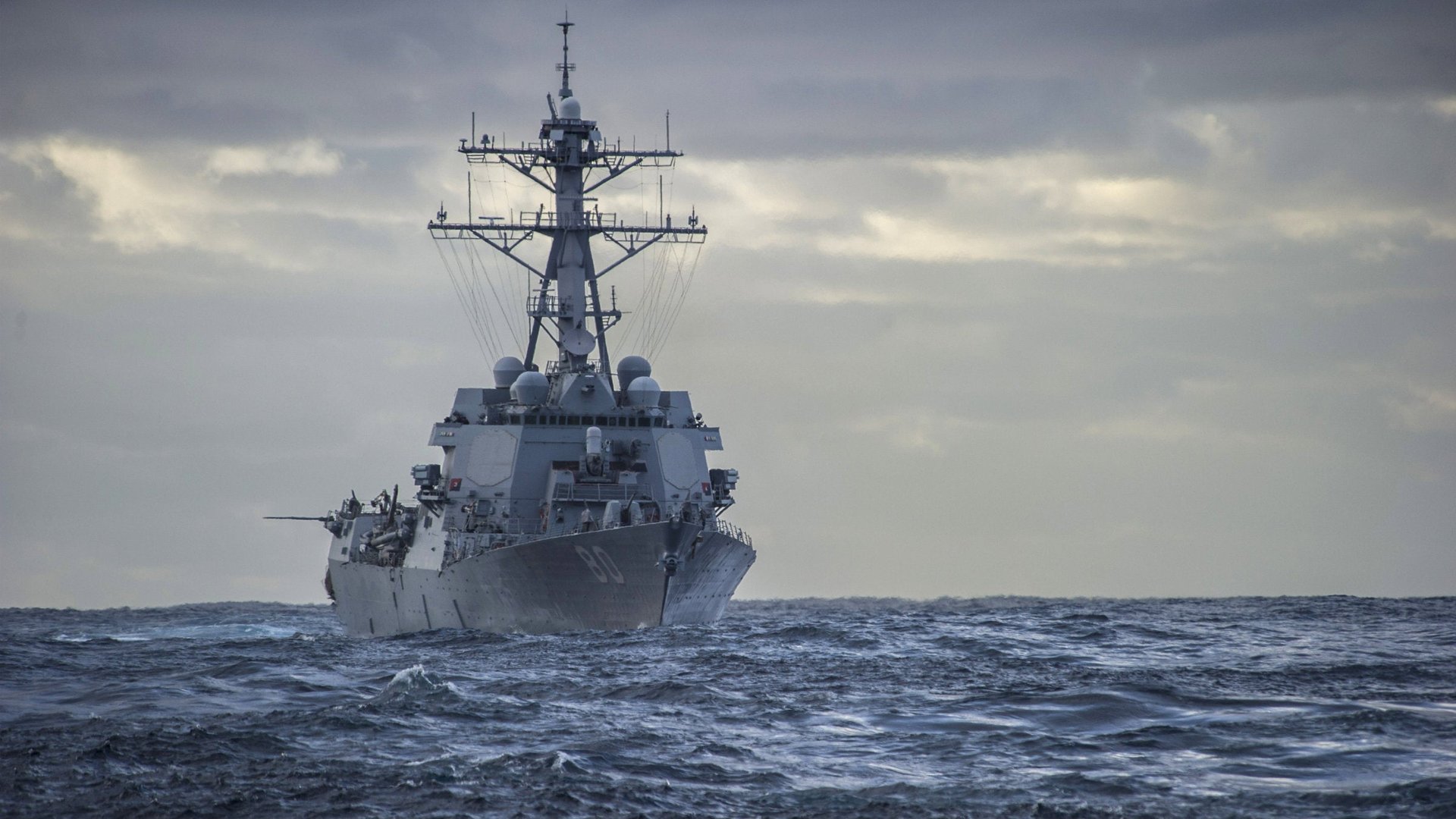If you’re trying to buy stolen Libyan oil, make sure you do it in international waters
Three men, two of them carrying diplomatic passports, boarded a private Lear jet for Cyprus last weekend with the aim of buying $25 million in illicit oil spirited away under fire from the rebel-held side of Libya. Add in the heroic intervention of US commandos, and you’ve got the makings of a Hollywood thriller—except for the ending.


Three men, two of them carrying diplomatic passports, boarded a private Lear jet for Cyprus last weekend with the aim of buying $25 million in illicit oil spirited away under fire from the rebel-held side of Libya. Add in the heroic intervention of US commandos, and you’ve got the makings of a Hollywood thriller—except for the ending.
Most accounts of the episode early today are focusing on the derring-do of the US Navy Seals, which is understandable given the details: six days after the North Korean-flagged Morning Glory fled Libya with 234,000 barrels of stolen oil, Tripoli authorities requested US assistance in apprehending the vessel, which was at anchor 22 nautical miles off the Cypriot coast. The appeal went to president Barack Obama, who could technically claim jurisdiction because US companies ConocoPhilips, Hess, and Marathon had a legal claim to the oil. With Obama’s okay, the Seals disembarked from the USS Roosevelt, a guided missile destroyer (pictured above), and about 4 am stormed the Morning Glory and captured three Libyans aboard.
Selling stolen oil isn’t usually a big deal—Nigerians do it all the time, Iraqis and Mexicans, too. But this particular caper set off international alarm bells—it had already brought down a Libyan prime minister and destabilized the fragile country. Even the North Koreans disowned the thieves, unregistering the tanker.
It is not clear how or when the pirates made preliminary arrangements to sell their booty. But according to a Reuters account, two Israelis and a Senegalese arrived in Cyprus on a Lear jet on March 14. They were detected offshore by local authorities. As officials later discovered, the trio carried 10 passports between them, including diplomatic passports from Senegal and an unspecified country in central Africa.
The men rented a boat in Larnaca, Cyprus and sailed toward the Morning Glory, according to the Cyprus Daily News. When they neared the pirate tanker, one of the Libyans aboard went out to them and boarded their vessel. A discussion ensued, after which the trio returned to Larnaca, where they were arrested.
A neat and tidy conclusion to a tale of heists and adventure on the high seas? Not quite.
When the men were brought before a Larnaca judge, it turns out they hadn’t broken any laws. Their alleged offense—attempted to buy stolen oil—occurred beyond the 12-nautical mile limit of Cyprus’ jurisdiction.
After being freed, the men flew immediately to Tel Aviv. It was not reported which passport they used.